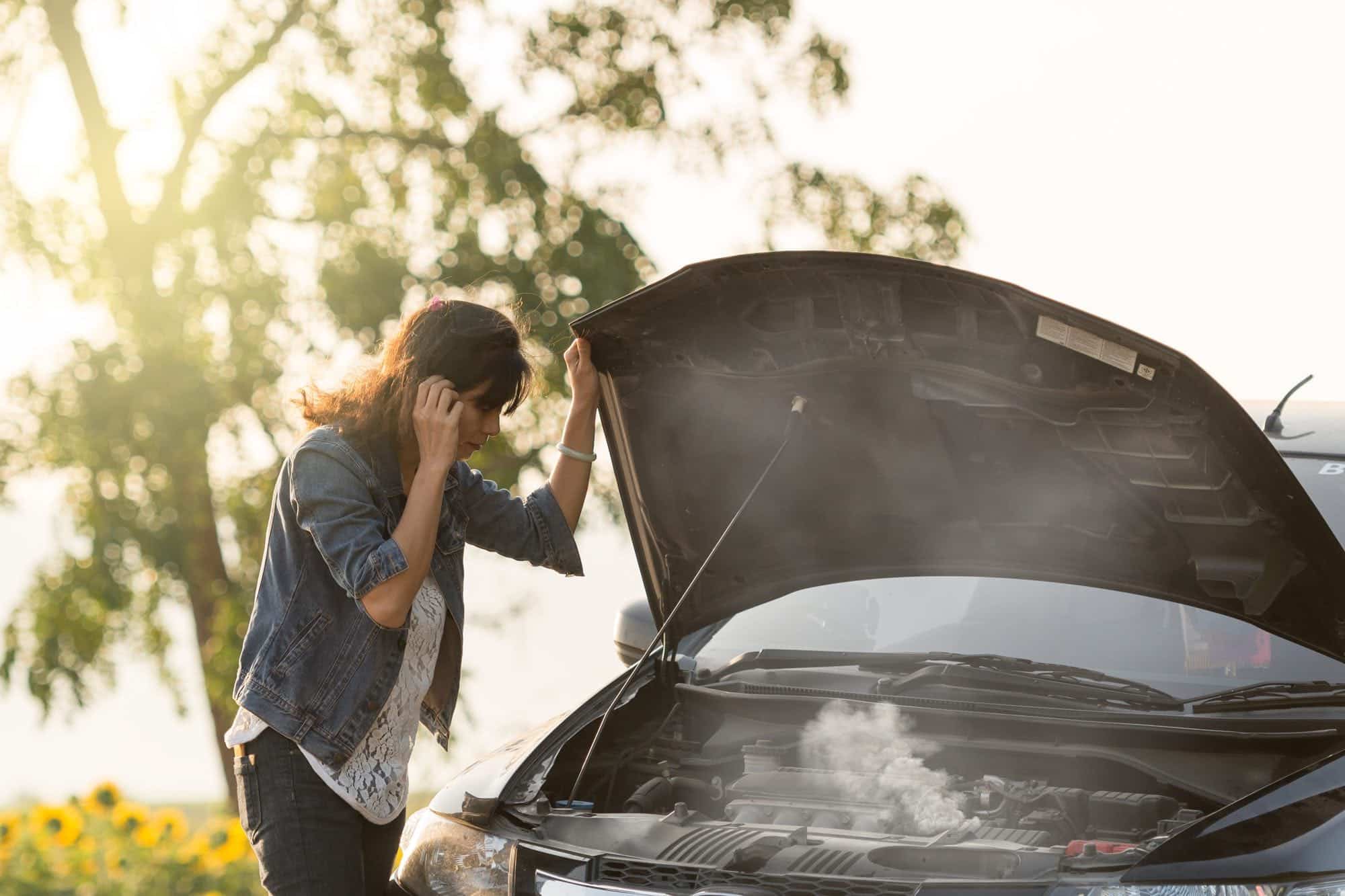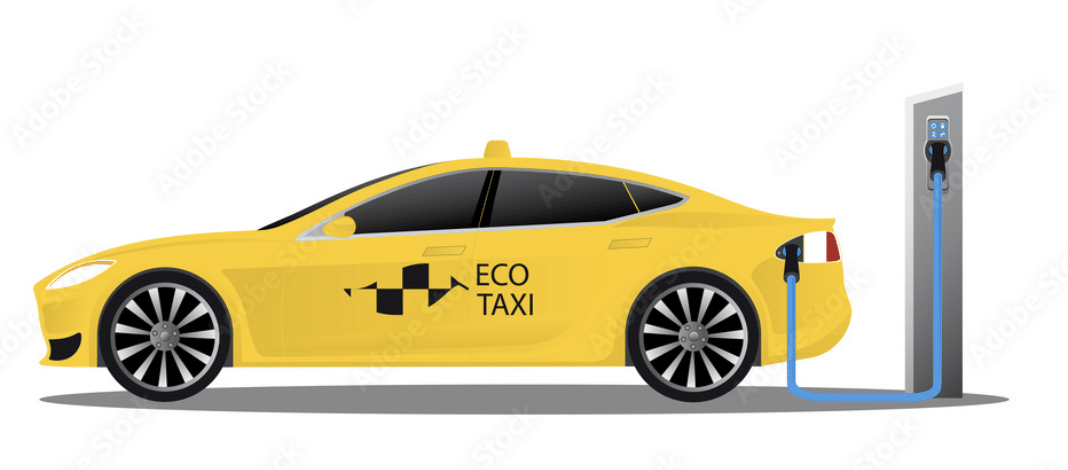Most drivers know that they need to take care of their car in the winter with various precautions – and that’s also true for the summer months in the UK too.
And while we don’t hit record-smashing temperatures very often, there are things you need to do to ensure your car is safe to drive.
That’s because the high temperatures can cause a lot of damage to your car if you’re not careful. The potential issues include breakdowns, engine damage and other problems that can easily occur if you’re not prepared.
Here, the team at car finance firm Carvine look at some of the best tips to prepare your car for the summer heat.
The best tips for cars to deal with the summer heat
As the temperatures start to rise, it’s important to take steps to protect your car from the summer heat which can wreak havoc on your vehicle, causing everything from flat tyres to overheating.
By following these simple tips, you can help ensure that your car stays happy and healthy all summer long.
Check your coolant levels
If your car is low on coolant, it’s more likely to overheat – and that can cause some serious damage to the engine. So, be sure to check your coolant levels regularly during the summer months.
You will find the coolant reservoir under the bonnet of most cars. Simply open it up and check the level of coolant. If it’s low, top it up with water or coolant until it reaches the maximum level.
This is probably a good time to check the other fluid levels while you have the bonnet up – for example, the oil level and windscreen washer reservoir.
Check your tyre pressure
Hot weather can cause your tyres to lose pressure, which can lead to a blowout. Under pressure tyres also mean using more fuel.
To avoid this, be sure to regularly check the tyre pressures during the summer months. You can find your car’s tyre pressure in the owner’s manual or there should be a label by the driver’s door telling you what the pressures should be.
You can use a tyre pressure gauge to check the pressure of each tyre or take your car to a garage where there will be an air supply machine. If it’s low, add air until it reaches the proper level.
As well as maintaining the right tyre pressure, it’s also important to check the tread depth of your tyres. Hot weather can cause the tread to wear down faster, so be sure to keep an eye on it.
The UK’s legal minimum tyre tread depth is 1.6mm, but it’s generally recommended to have at least 3mm. You can check the tread depth of your tyres by using a tread depth gauge – or by checking the raised blocks of rubber in the main treads.
Or you could use a 20p coin – the coin’s outer edge should not be visible when placed into the tread because it is about 2mm wide.
Inspect your battery
The hot weather can also take a toll on your car’s battery. You will need to inspect it regularly during the summer months.
Again, you can have a quick visual check when you have the bonnet up and look for signs of corrosion or leaks.
If you find any, clean them off and add only distilled water if your battery can be topped up.
You could also have your battery tested by a professional to ensure that it’s still in good working condition. Having a leaking or poorly performing battery means you will struggle to start and may end up being stranded somewhere.
Protect your car from the sun
When it’s hot outside, the sun can cause a lot of damage to your car. The UV rays can fade the paint and interior, and they can also cause the plastic and rubber parts of your car to degrade.
To protect your car from the sun, park in the shade whenever possible. You can also invest in sunshades for the windscreen and windows to help prevent the sun from heating the interior of your car, making it more comfortable to drive in hot weather.
Or you could buy a car cover to protect the whole vehicle.
Get your car’s air conditioning serviced
As the temperatures start to heat up, many of us will be reaching for the air conditioning controls in our cars. However, before you do, it’s important to make sure that your car’s air conditioning system is in good working order.
A quick trip to the mechanic or a specialist car air conditioning firm can help ensure that everything is in good condition and that your car will be nice and cool all summer long.
Also, you may need to ‘regas’ the car’s air conditioning system which involves removing and adding new refrigerant gas. This is necessary because, over time, the refrigerant can leak out causing the system to become less effective.
Regassing will help restore the system’s efficiency and keep your car cool.
Avoid idling for long periods
When the weather is hot, it’s best to avoid idling for long periods – usually when you are stuck in traffic. This can cause your engine to overheat, which can lead to damage.
If you need to stop for a time, turn off the engine and enjoy the air conditioning. Or wind your car windows down.
If you do have an overheated engine because of the temperatures, then you’ll need to wait until the engine is cool enough to use again. You may even need the help of a vehicle rescue service if the engine is taking a long time to cool – or if you can’t start your car afterwards.
Get your car’s health checked
Possibly the most important tip is to get your car serviced before the summer months. This will help ensure that it’s working properly and can keep your car cool when the temperatures start to rise.
A quick trip to the garage can check that everything is in good condition. Indeed, it makes sense to have your car serviced for the summer months, especially when the weather does get hot, or when you have a long journey planned.
It’s always better to be safe than sorry.
Wash your car!
It’s important to wash your car regularly, but it’s especially important to do so in the summer.
The hot weather can cause the winter grime and salt on your car to degrade the paint and metal.
So be sure to give your car a good wash at least once a week during the summer months. Also, to help protect your car’s paint, you should invest in a good quality car wax.
This will provide a barrier between the paint and the elements, helping to keep your car’s finish looking new for longer.
Check your car’s emergency kit
If you have an emergency kit in your car – it is sometimes referred to as a congestion kit – now is a good time to check it and make sure that everything is still in good condition.
You may need to add or replace some items, depending on what’s in your kit – especially if you have been dipping into it when needing a plaster or bandage, for example.
At a minimum, your emergency kit should include a first-aid kit, a torch, a set of jumper cables and a set of tools. You may also want to add items like food and water and a map.
If you don’t have an emergency kit, now is a good time to put one together.
Be sure to tailor it to your specific needs so that you’re prepared for anything that comes your way.
Remember, traffic in the summer can be heavy and you may get caught up unexpectedly – or you may break down and wish you had a supply of water and snacks (and even games for young ones) as you wait to be rescued or for the traffic to improve.
Prepare your car for the summer heat with these tips
Finally, when preparing your car for the hot summer months, make sure you have plenty of fluids on hand.
This means keeping a spare bottle of water in the boot just in case so you can top up the coolant or windscreen washer. Or you could use it for drinking when stuck in traffic!
And while many of us will take precautions with our car for the chill of winter, it makes sense to do something similar for hotter weather. This is especially true if you have long journeys with young children planned and your car overheats or the air con stops working.
There are so many potential issues it is worth spending money to have an expert check over your vehicle for peace of mind.
With these tips, you can be sure that your car will withstand the summer heat. From checking the tyres to protecting the car from the sun, a little bit of preparation goes a long way. So don’t wait until it’s too late, get started on summer-proofing your car today!





